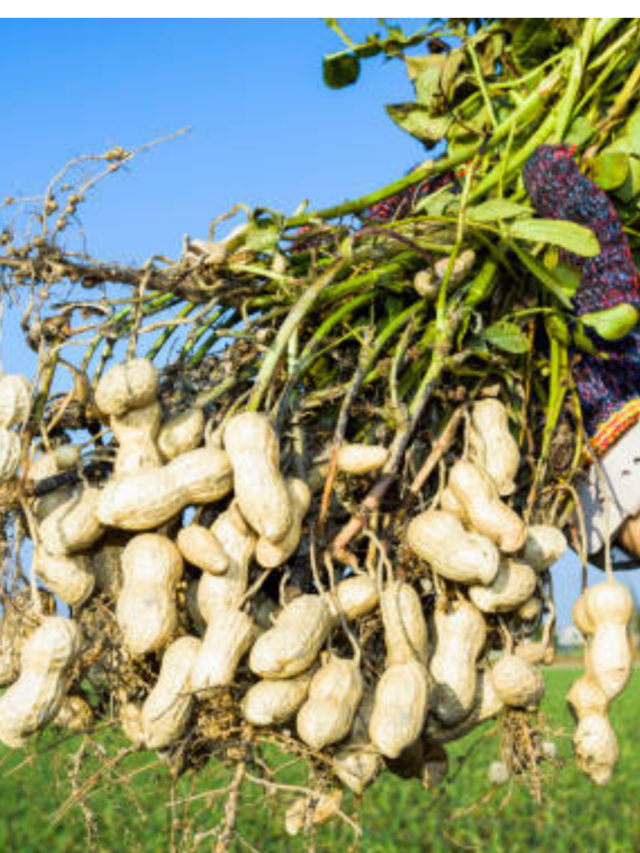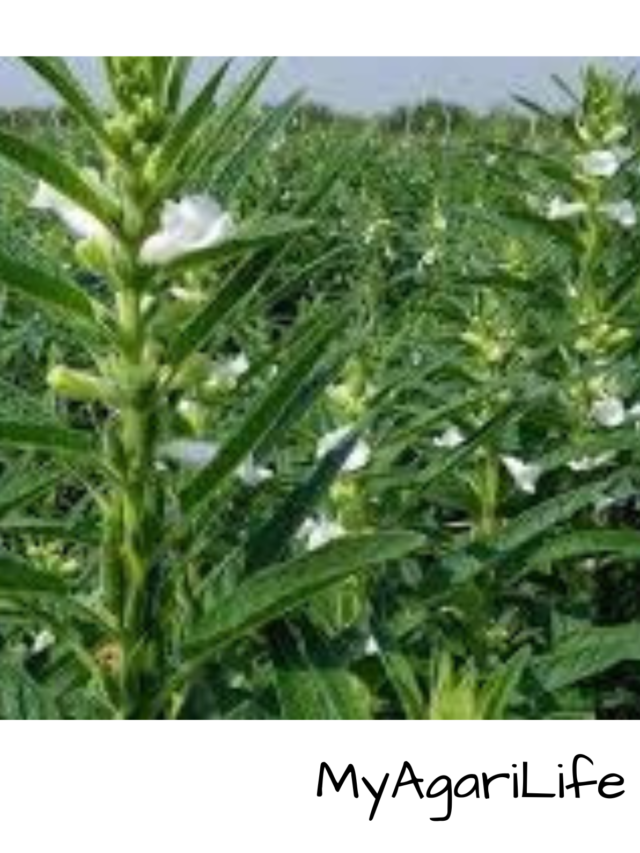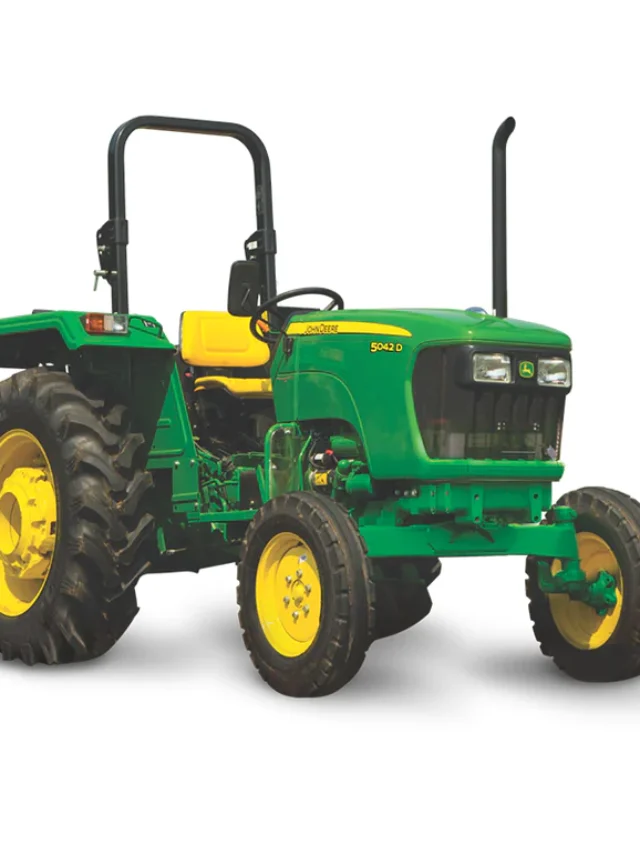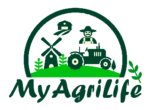Narrow borders. Limited agricultural space. Not a lot of drinking water to be shared. This biblical land of “milk and honey” worked hard in the 20th century to change their farming dynamics and even learnt how to make the desert bloom.

How did Israel do it and what’s in store for the future?
Contrary to popular belief, Israel did not invent the cherry tomato, but rather commercialized the growing and consumption practice. This is typical of the “startup nation” mentality – strong academic research backed by industrial buy-in, to profit from limited and diminishing economic resources. Coupling the above with entrepreneurial mindset means that technological inventions, such as the aforementioned, proves that Israel as a country is well-respected globally as an enterprising nation in the agriculture technology (agritech) space.
So, what’s next?
Global challenges present themselves over time and humanity in the 21st century is facing a few. Here are 5 pertinent universal challenges for farming:
1.Labour shortages and shortfalls. This is especially important given farming and harvesting is time-sensitive between seasons and when labour cannot be mobile, like it was before covid, humans will need to adopt robot and un-manned systems.
2.Global warming and livestock. Cows, both dairy and meat, are high emitters of carbon dioxide, which is one of the leading causes of global warming. Yet we are still increasing meat and dairy consumption despite the first adopters change for alternatives.
3.Salinity stress for seeds. Land is finite and global warming means that grounds are not as fertile as the once were. Scientific research into crop modifications and integration combined with enterprising commercialization is a challenge from the grassroots up.
4.The world is urbanizing and continuously growing yet farming is on finite land. Utilising artificial intelligent technologies to maximise yield will help farmers meet this burgeoning demand, all other things being equal.
5.Water shortages, wastage, and optmising growth. To be able to pinpoint exactly where each input of production is going and how beneficial it will be for the outcome of farming is tantamount to a future of zero-waste and water maximization.
See the following cutting-edge examples of Israeli companies operating on a global scale, seeking to meet the universal challenges for commercial farmers.
Drone and Robotics technology for autonomous farming, harvesting, and compensating labour shortages.

1.Blue White Robotics: Robot-as-a-service platform for autonomous systems. Blue White Robotics provides a robot-as-a-service platform that connects multiple autonomous systems, both air- and ground-based, to real world applications. The platform is designed to collect data, provide actionable insights, and improve efficiency and safety for large operations in the fields of agriculture, mobility, and first response. By leveraging remote sensing and artificial intelligence, Blue White Robotics aims to set the highest standard for the easy and safe adoption of autonomous technologies.
2.Tevel Aerobotics technologies: Fleet of airborne harvesting robots for orchards. Tevel Aerobotics Technologies combines a patented airborne robotics platform with sophisticated algorithms to create an autonomous concept for orchard management and harvesting. The company develops a fleet of airborne robots for picking, thinning, and pruning tasks in orchards, providing a holistic harvesting solution for farmers. Tevel’s artificial intelligence software enables fruit sorting at the source, using precise timing to pick the best fruit in the orchard. The company’s solutions have the ability to access treetops and can work in complex terrain, such as narrow or mountainous plantations.
Global warming and the future of livestock monitoring
1.TAGim- Health monitoring system for livestock. TAGim is the developer of a livestock health monitoring system that automatically and remotely monitors individual animals’ temperature, movement, and feeding. The system consists of inexpensive disposable wireless ear tags and a fixed communications network and cloud database, all supported by a management dashboard and pen-rider app. TAGim’s health-tracking algorithm reports to stakeholders and alerts pen-riders, enabling early and effective interventions days prior to the detection of symptoms using visual cues alone. The smart tags are also a surrogate for visual ID ear tags, eliminating both excess work and the need for animals to suffer additional piercings. TAGim’s patented technology was developed and manufactured by Medisim.
2.miROBOT: Robotic Milking Solution. miRobot is an add-on robotic solution that automates the complete milking procedure and integrates with existing milking systems to bring full automation to the milking parlor. The miRobot technology allows farmers to milk multiple stalls simultaneously, with only one supervisor overseeing the whole parlor. This can help reduce labor costs; shorten milking sessions; increase parlor capacity; and improve milk quality, yield, and cow health.
Scientific seed technology integrated in commercial farms operating on a large scale

Salicrop: Seed treatment for yield optimization under salinity stress. SaliCrop has developed a non-genetically modified seed treatment for various crop varieties, vegetables, and grain seeds. The seed treatment stimulates a specific epigenetic of the plant, which enables crop growth and yield in high-salinity soils or when irrigated with brackish water. The company’s treatments are carried out using a formulation containing materials generally recognized as safe. Based on proprietary know-how, Salicrop’s formulation is applicable to a wide range of crops like tomatoes, peppers, spinach, rice, wheat, and corn.
Farming with artificial intelligence to meet surging global demand
1.CropX: Agricultural analytics platform for farm management. CropX is an agricultural analytics company that addresses the need to grow more with less in order to feed the world’s rising population. The company specializes in developing solutions for farms and the agricultural decision-making process. CropX combines above-ground data sets with real-time soil data measured by proprietary, in-house-developed soil sensors that transmit the data to a cloud-based platform to be integrated with imaging, weather data, topography and soil texture maps, crop models, and many other data sets. The data is then analysed by AI-based algorithms to provide insights and automations via the CropX app. With more than 1,200 paying customers and roughly 8,500 installations since its launch in 2017, CropX has demonstrated water savings of over 40% across different crop types, with a 10% yield increase.
2.FruitSpec: Fruit yield estimation. FruitSpec offers a solution designed to provide accurate early-season fruit yield estimation. The company’s solution is based on hyper-spectral machine-vision technology. FruitSpec sensor pods mounted on both sides of a tractor scan the trees as the tractor moves along the orchard rows during regular activity. Applied computer vision automatically counts and estimates the number and size of the fruit. The customer – a packing house – then receives reports regarding the precise fruit yield and size distribution at both the individual tree level and the overall area scanned. FruitSpec is a Trendlines Agtech Incubator portfolio company.
Digital agriculture and utilizing precision agriculture technology to optimize growth and efficiency
1.AgriTask: Precision agronomy and agricultural intelligence platform. Agritask provides a holistic agricultural operations platform designed to enable fact-based, on-time decision making. The company’s clients consist of growers, buyers, farm input companies, governments and non-profit organizations, research institutes, and insurers and creditors. Agritask operates in over 30 countries and across 50 crop types. The Agritask platform enables clients to capture and make use of agronomic data. It is designed for high per-client flexibility, allowing them to benefit from precision agriculture regardless of their starting point. Its mobile app can digitize data collection based on unique protocols and workflows of each project. The platform is flexible and can integrate with third-party technologies, ranging from imagery and field sensors to enterprise resource planning and mobile payment systems. The Agritask platform aggregates and processes all captured data to provide actionable insights, tailored to each client.
2.Netafim: Agricultural irrigation systems. Netafim delivers tailor-made irrigation and fertigation solutions to millions of farmers, enabling growers to maximize food production with the lowest environmental impact. Specializing in end-to-end solutions from the water source to the root zone, Netafim delivers irrigation and greenhouse projects supported by engineering, project management, and financing services. Netafim is also working on digital farming, integrating real-time monitoring, analysis, and automated control into one system. In 2018, Mexican chemical firm Mexichem acquired 80% of Netafim; Kibbutz Hatzerim retains 20% ownership.
3.N-Drip: Gravity micro-irrigation solution. N-Drip is the developer of a gravity micro-irrigation system that utilizes existing flood irrigation infrastructure to provide efficient drip irrigation. The system uses pressure lower than 0.06 bar and is compatible with dirty water, requiring no filters. N-Drip does not rely on external energy, instead making use of the field topography and gravity power to reduce conversion costs and increase operational efficiency with the goal of conserving water and fertilizer while increasing yields. N-Drip received the Overall Award for Excellence in Disruptive Technologies at the Transformational Business Awards.
Israel has established itself over the past century as a well-respected global powerhouse of agricultural technologies. Israel’s companies have grown from start-ups to scale-ups to multinational corporations with a global presence.
It is safe to say that with robotics and drones helping with labour shortages, livestock monitoring combatting climate challenges, seed technologies optimizing finite agricultural space, artificial intelligence to maximise efficiency, and digital agriculture to grow with precision; the future of farming, if you adopt Israeli technologies and innovations, is looking very green, blue and clean.









